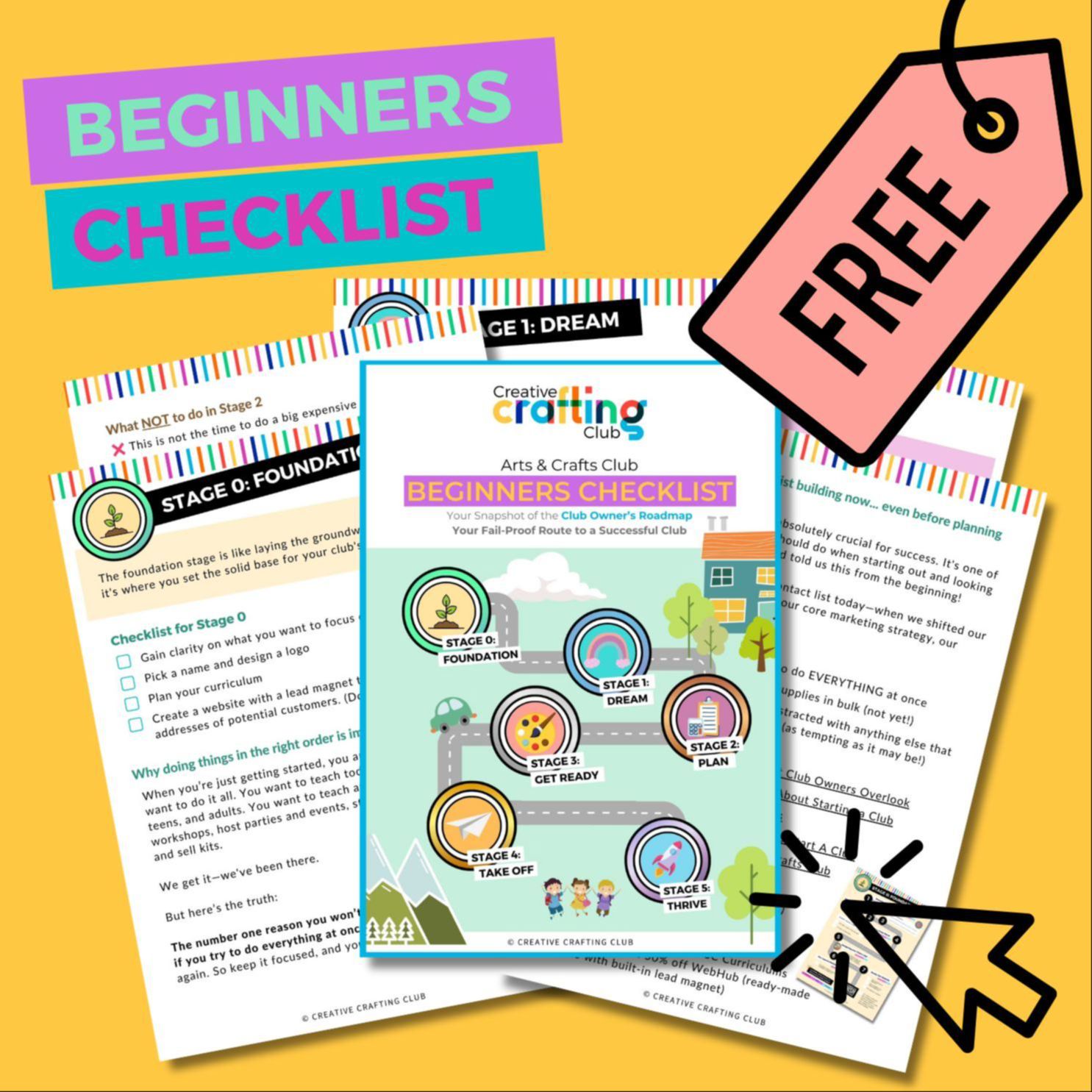Your Top 10 Burning Questions About Starting an Arts & Crafts Club
Posted on Apr 15, 2025Starting a new venture can be daunting, especially when you're passionate about creating something meaningful but don’t have all the answers.
The fear of the unknown can be overwhelming. We've been there. We were once where you are now, wondering if we had what it takes to turn our dream of running a successful club into reality.
When we first considered starting our own arts & crafts club, we were filled with excitement but hesitated because we had so many questions and no one to turn to for answers. We really were diving into the unknown!
Neither of us had formal qualifications in teaching or art. Would we even be allowed to teach classes? Would parents trust us to teach their kids when we had zero experience? How would we attract customers? What if no one showed up? Tons of questions swirled in our minds, creating a fog of uncertainty.
Our story is not unique. Many of our members started just like we did, with a passion for creativity but no clear roadmap. They felt the same apprehension and faced the same doubts.
We learned the hard way, navigating through trial and error, figuring out what worked and what didn’t.
Now, we're here to share everything that we’ve learned so you don’t have to go through the same struggles. You can skip ahead to the good part—seeing your dream become a thriving reality.
Today, we want to tackle those burning questions together. Whether you’re wondering about qualifications, supplies, or marketing strategies, we’re here today to reveal all.
Here are the top 10 most frequently asked questions we get about starting an arts & crafts club:
1. Can I really make enough money to make this worth my time?
Let’s talk numbers—because we get it. You’re not just doing this for fun (although there’s plenty of that). You want to know it’ll be worth your time.
Your potential earnings will depend on your goals and how many classes you want to offer. But yes—this can absolutely be worth your time (and then some).
Here’s what your club could look like:
- One class a week for some extra income
- A part-time schedule that fits around your family or day job
- A full-time business with after-school clubs, camps, parties, and events
Starting small, let’s say you teach just two classes a week with 10 kids in each, charging $25 per class. That’s an extra $2,000 a month.
Some of our members charge even more—$35 to $50 per class—especially if they’re in higher-income areas or include special supplies.
Then, when you're ready to expand, you can add another time slot or start offering parties or camps for even more income streams.
To see exactly how much you could make as a craft club owner, click here to read our blog, How Much $ Can I Make With a Craft Club?
Remember: you’re not just building an income—you’re building a life that gives you more freedom, flexibility, and purpose.
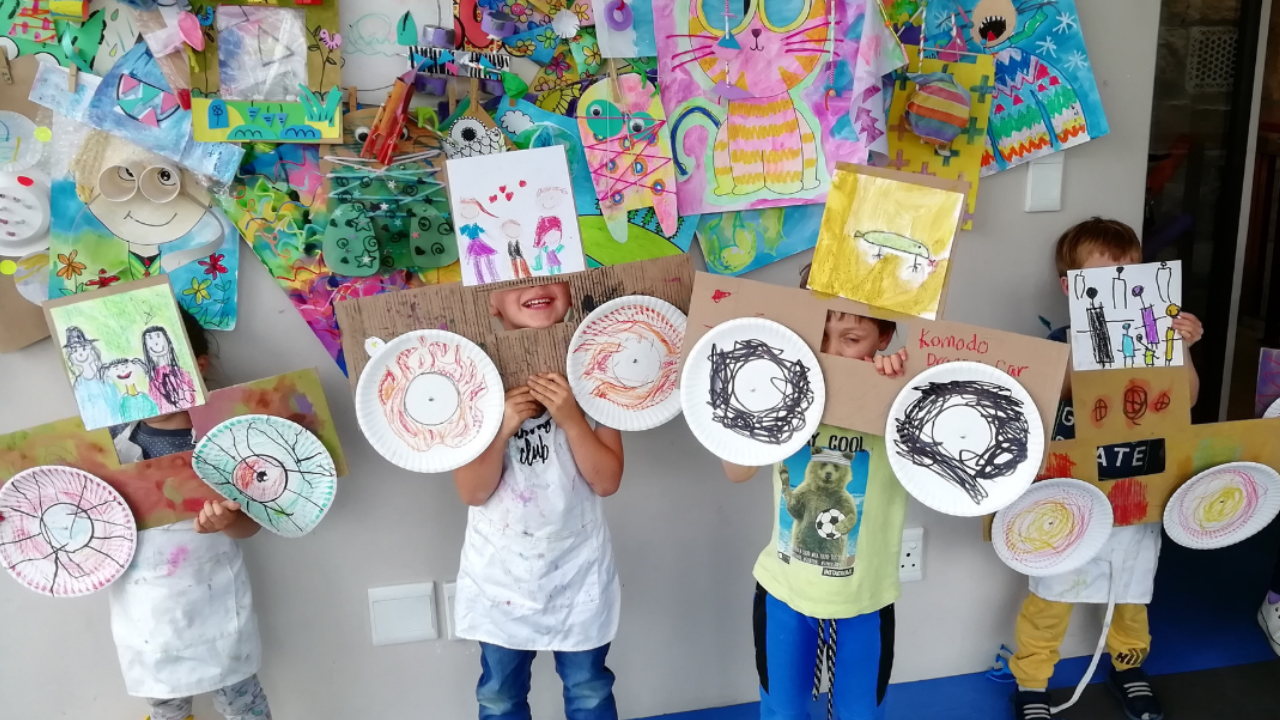
2. What if no one signs up for my classes?
This is a worry many new club owners have—but the good news is, it's actually really easy to fill your classes if you know where to find the students.
One of the smartest ways to fill your classes quickly? Run them at a school.
It works—and our members are proof. Many of them run weekly after-school classes at schools and have waitlists every term.
Why does it work so well?
- Built-in trust. When a school endorses your club, parents already feel confident signing up. No need to “prove” yourself—they trust the school’s recommendation.
- Your audience is already there. You don’t need to go out looking for students—schools are full of kids who are eager to join. And because the club runs right at the school, it’s easy for parents too. They simply collect their child a little later than usual—no extra drop-offs or driving around.
- Free marketing. Schools often send flyers home or share info in newsletters. You don’t have to spend on ads—they help spread the word for you.
- No social media needed. You don’t need a big online following to fill your classes. The school community is your audience, and they’re already tuned in.
- Organic growth. Once kids experience your club, they want more—birthday parties, workshops, events, and that leads to more visibility, more referrals, and more opportunities to grow your club.
Running your club at a school removes so many of the common hurdles. It's simple, effective, and one of the easiest ways to grow—especially when you're just getting started.
Inside our CCC Academy membership, we give you the exact steps: how to approach schools, what to say, and how to make it easy for them to say yes.
If you’re looking for a way to fill your classes fast and keep them full, this is it.
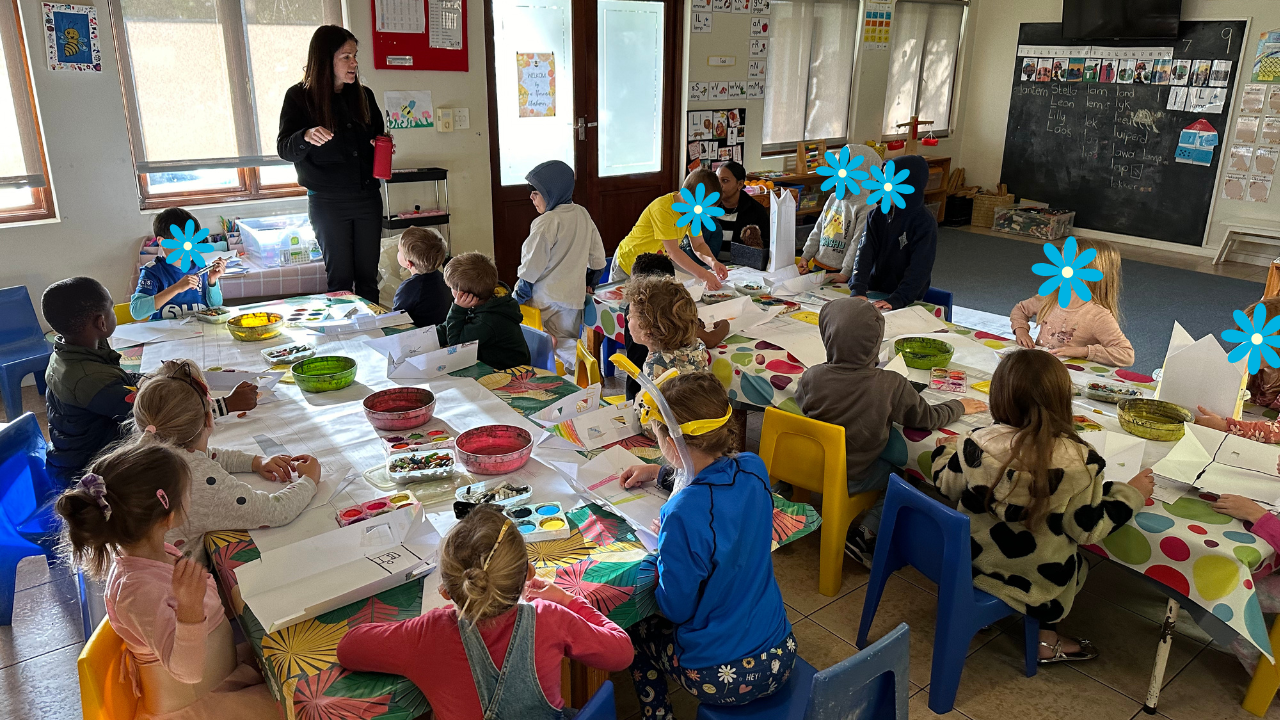
3. I'm not sure if I'm creative/business-savvy enough to pull this off.
We were once where you are now, wondering if we had what it takes to turn our dream of running a successful club into reality.
Neither of us had formal qualifications in teaching or art. We wondered, 'Would we even be allowed to teach classes? Would parents trust us to teach their kids when we had zero experience?'
But here’s what we discovered: You don’t need formal qualifications to run a successful club. What matters more is your passion, your willingness to learn, and having access to a step-by-step plan that works.
Many of our members do not have backgrounds in art or education and they own thriving, successful businesses.
Take Jo, for example. She started with no teaching or art background, no kids of her own, and not even a car. She now runs a popular club in Glasgow with over 300 registered students and brought in just under £7,000 from her summer club alone.
👉 Read Jo's story
Jo's story proves that you don’t need a degree or any formal training. You just need the right support, a step-by-step plan, and the willingness to start.
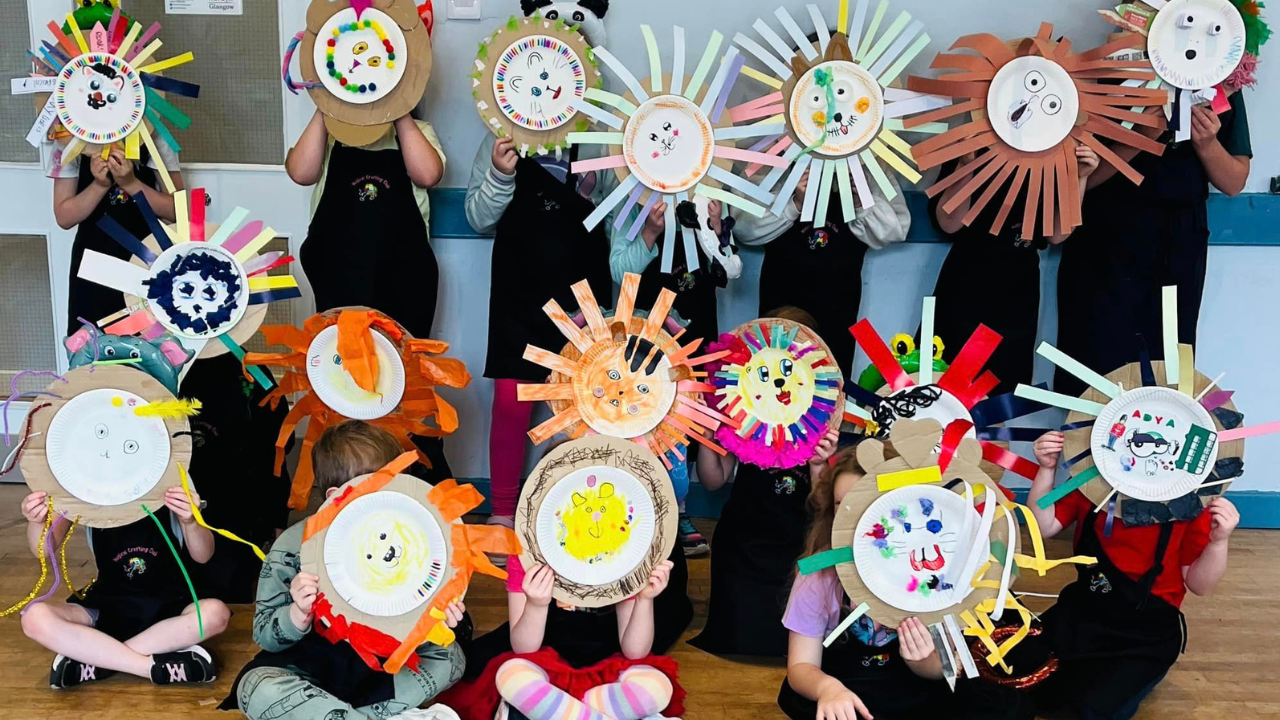
4. How do I balance this with my current teaching job/family commitments?
This question comes up a lot. The beauty of running your own club is that it can fit into your schedule.
Whether it's weekends, after school, or during holidays—you choose what works. It’s flexible and can be tailored to your current commitments.
-
Kayla launched her club while working a part-time office job and raising two little ones. She teaches weekly classes at a local kids’ gym in her spare time and runs creative events on the weekends.
👉 Read Kayla's story -
Solenne teaches her bilingual craft club part-time after hours and on weekends while working full-time. Her club, Craftorama, now serves over 30 students and even secured a physical location next to a nursery and bakery.
👉 Read Solenne's story -
Cara teaches 6–8 classes a week across multiple schools, serving about 15 kids per class, and earns up to $2,300 a week through school partnerships, all while keeping her full-time teaching job.
👉 Read Cara's story
If time is what's holding you back from starting your club, these members have proven that it's totally possible to start, even with a job or kids to consider. For more guidance on this topic, click here to discover 5 Ways to Make Time to Work on Your Kids Crafting Club.
5. What about supplies? Won't that be expensive?
When thinking about starting a new business, the first thing most people think is that it’s going to cost a lot of money to set it up.
Think of an expensive franchise, a bakery, or a school that requires a lot of startup money to get going, with rental expenses, furniture or equipment, staff, and other overheads… Phew, that's scary!!
That's what makes starting an arts & crafts club so unique. You don’t need a large amount of money to get started.
To start with, you only need a few basic art supplies like paint, brushes, paper, scissors and glue. These supplies go a long way so you won’t be needing to refill your stock for a while.
You can visit our Amazon Store to see which supplies we recommend for your classes. We’ve done the research and tested the products to see which ones are the best quality for the best price.
You’ll also need a stash of recycled materials to craft with. Crafting with recycled materials is the #1 way you can save money with your crafting club, plus it teaches kids (and adults ;)) valuable lessons about saving our planet and being creative with what’s at hand!
Collecting recycled materials can be a team effort. A great idea is to involve your community and get everyone to contribute. People love showing up to our classes with big bags of materials that they’ve collected.
For teaching online, you can start out with a phone and natural lighting. Then, if you want to upgrade your setup once your classes are up and running, you can view our recommended equipment list for online teaching inside our Amazon Store.
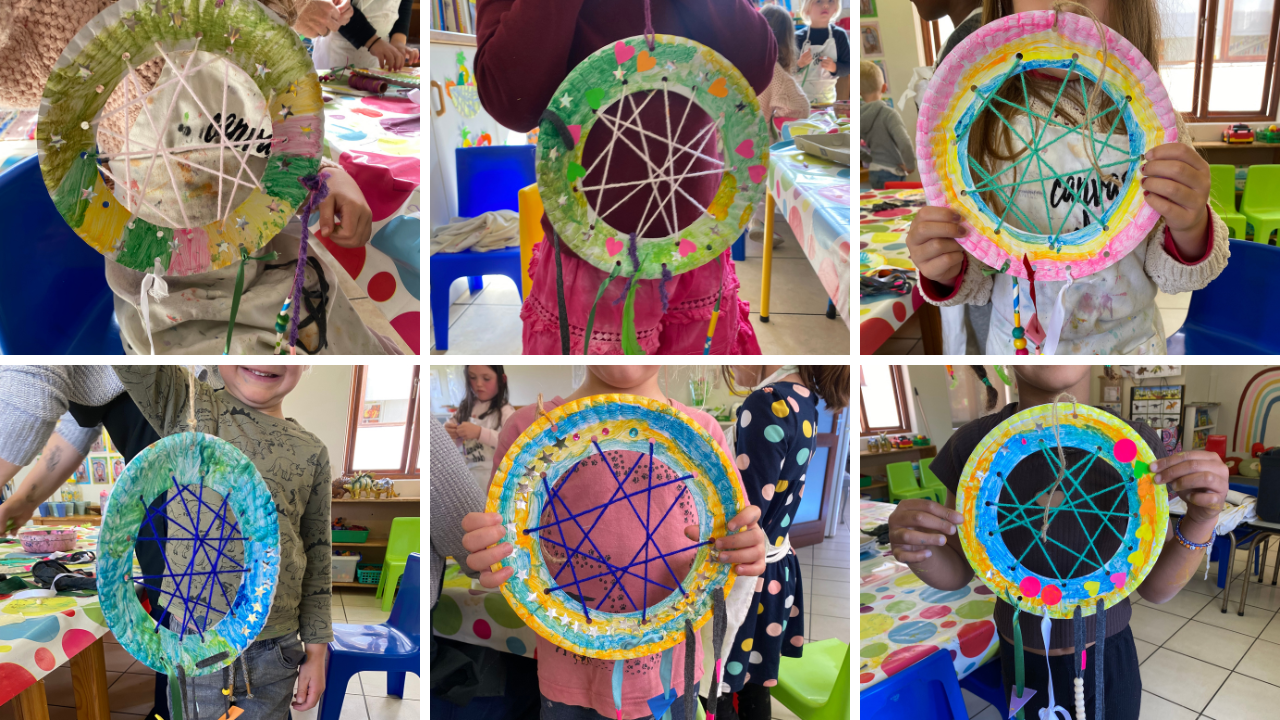
6. What type of venue should I use for my classes?
From converted garages and church halls to libraries and yoga studios - anything is possible!
Many of our members teach classes from schools.
Here's why schools are a great choice:
- Ready-to-Use Venue
Schools often allow you to use their classrooms or activity spaces for free or at a minimal cost, providing a convenient and budget-friendly location for your craft classes. - Built-in Audience
Students are already at the school, making it easy for parents to simply extend their kids' day by signing them up for your class. This convenience can significantly boost enrollment. - Marketing Support
Schools often promote after-school programs through newsletters, bulletin boards, or online channels. This can save you time and money on marketing while helping you quickly fill your classes.
Other venue options include:
- Community centers
- Libraries
- Restaurants
- Coffee shops
- Clubhouses
- Parks
- Churches
- Or even your own home if space allows
Any location that has enough parking space, a restroom, tables and chairs will work - it doesn’t need to be fancy!
For more ideas (and the pros and cons of each), check out this blog we wrote with 7 perfect venue ideas. We even included some images of existing clubs for inspiration.

7. How do I price my classes competitively but profitably?
Pricing your classes can feel intimidating, especially when you’re just starting out. Many new club owners worry they’ll charge too much and scare people away—or too little and not cover their costs.
The truth is, getting your price point right is about more than just making money. It’s about valuing your time, your skills, and the meaningful experience you’re creating for the children who attend your classes.
A thoughtful pricing strategy helps you:
-
Cover your materials other startup costs
-
Pay yourself for the time you spend planning, teaching, and preparing
-
Build a sustainable business that allows you to grow steadily and impact more children over time
It also gives parents confidence in the value of what you offer. When your pricing reflects the quality of your classes, it communicates that their child will be receiving something special—not just another after-school activity, but a creative and enriching experience.
You don’t have to figure this out alone. Inside our CCC Academy membership, we walk you through a clear pricing framework based on what actually works for club owners around the world.
You can also download our free Pricing Calculator to help you crunch the numbers and feel confident in your decision.

8. What about insurance and legal requirements?
Depending on where you are in the world, it's possible that you may need some sort of childcare license to work with kids (depending on the age of the kids, the number of kids, and the duration of the classes).
The easiest way to find out what's required is to reach out to your nearest Small Business Development Center (SBDC) or Administration Office and let them walk you through what you need to do to make your business legal and legitimate.
You can also head over to read this blog for more info on the basic steps: A Step-by-Step Legal Guide for Setting Up Your Arts & Crafts Club.
Note: Making your business legal and legitimate doesn't have to be a daunting task. With the right support and guidance, the process can be straightforward and manageable. It's just ticking off a few boxes.
Easy peasy.
9. How do I stand out in a crowded market?
There are a lot of after-school activities out there, so it’s natural to wonder how your club will stand out.
The key is to offer real value and a unique experience kids (and parents) rave about.
We focus on STEAM (Science, Technology, Engineering, Art, and Math) and use our exclusive engagement formula to keep kids excited and coming back week after week.
These kinds of activities don’t just keep kids busy—they help them build important skills like creativity, problem-solving, and confidence. Parents appreciate that their children are learning through play, and schools love that the program supports their educational goals.
Some examples include:
-
Bunnies that hop (exploring movement and simple mechanisms)
-
Cars that drive (introducing force, wheels, and motion)
-
Rockets that shoot (learning about air pressure and design)
STEAM crafts give your club an extra layer of value—and that’s what sets your club apart.
When you create experiences kids love, you won't need to compete. You'll be in demand.
👉 Learn more about how to set your after-school craft club apart from other programs

10. Will I be able to create a sustainable business, not just a hobby?
Absolutely. Many of our members have transformed their passion for crafting into full-time, thriving businesses.
-
Juliana went from stay-at-home mom and violinist to running STEAM classes at three schools, teaching nearly 60 kids weekly. The income from her club even allowed her to build a dream cabin for her family.
👉 Read Juliana's story -
Lisa left her job as an executive assistant and now runs her craft club full-time. She collaborates with local businesses, hosts seasonal events, and finally has a job that aligns with her values.
👉 Read Lisa's story -
Natalie teaches four after-school classes a week and earns $4,600/month working just six hours weekly. She gets paid upfront, uses flyers the school sends home for free, and runs a business that fits around her family.
👉 Read Natalie’s story
This can grow beyond just a side gig. It can become your main income. You can teach in person and build something that works around your life.
How do I start?
The best way to start is to join our CCC Academy Membership—It’s the ultimate step-by-step program to help you create freedom and steady monthly income teaching crafts to kids.
Join our waitlist for the CCC Academy and discover how you can turn your love of crafting into a thriving business.


